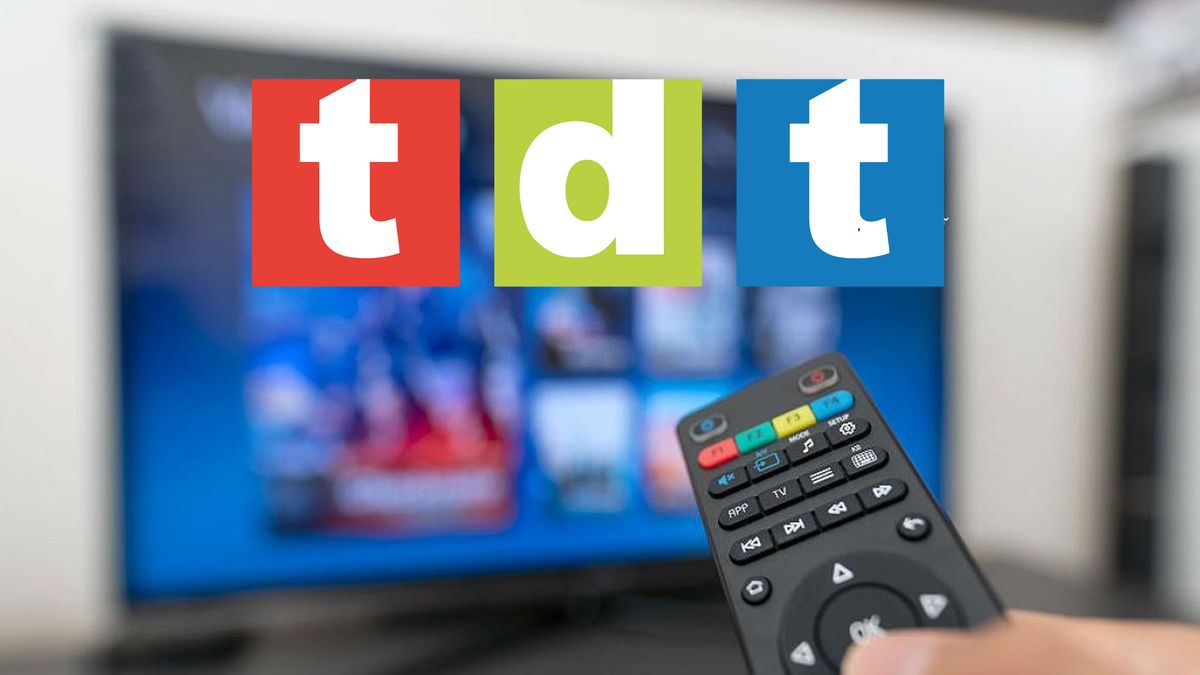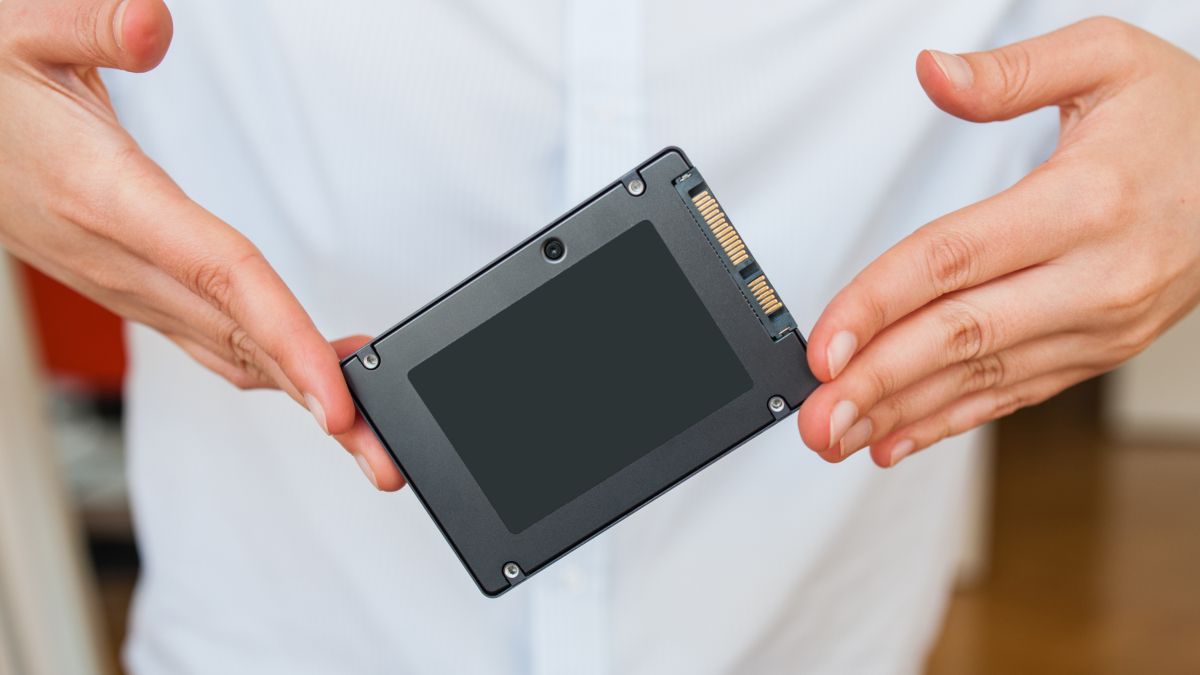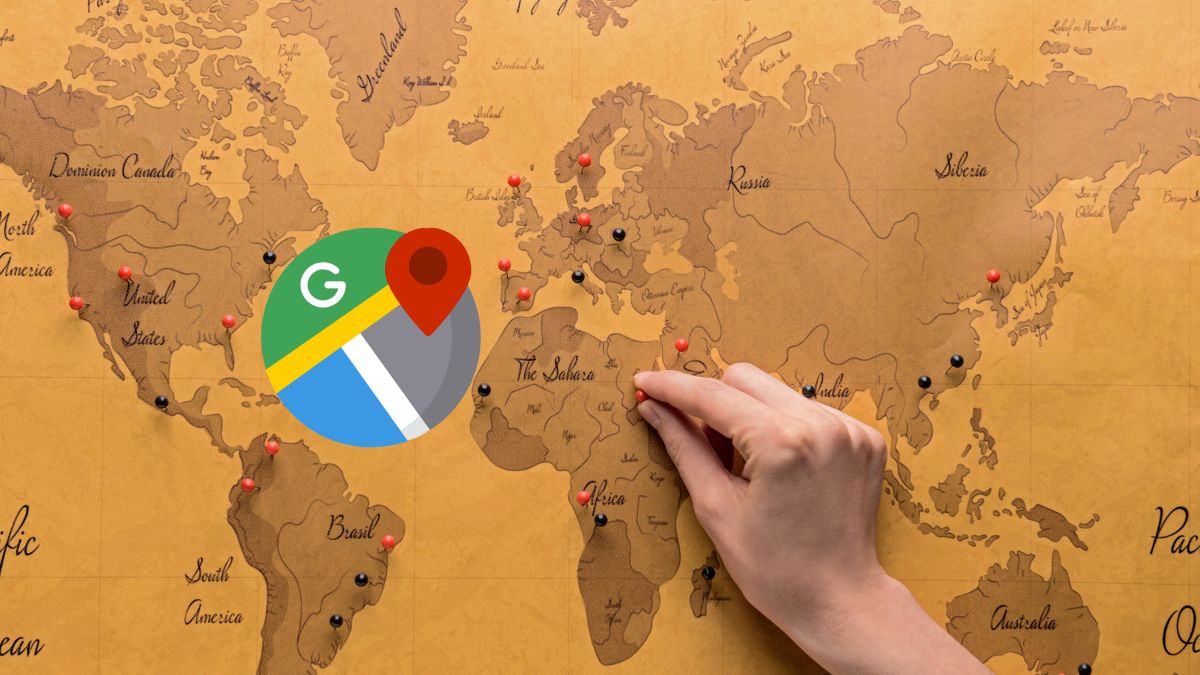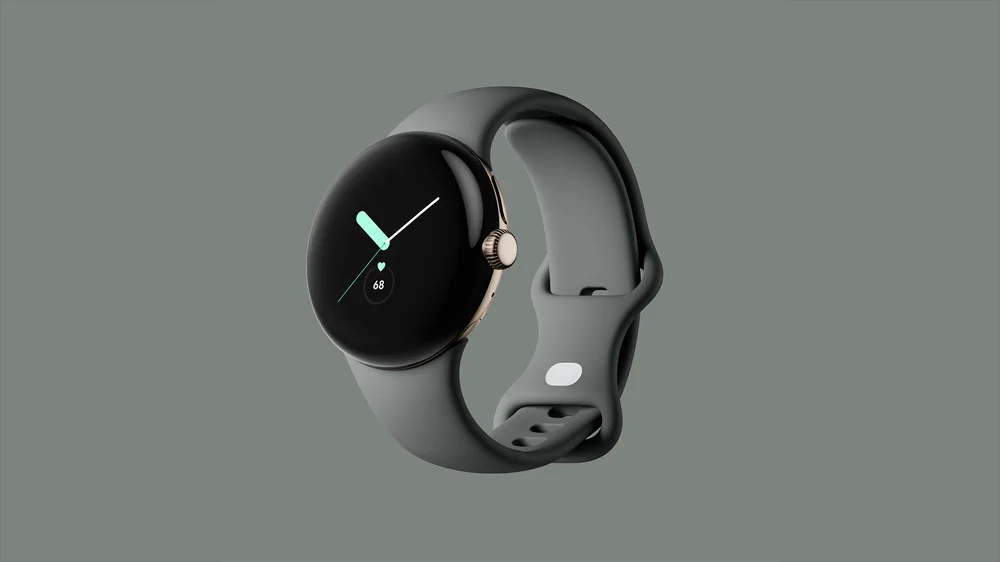That’s why Perplexity fans are betting it will be the new Google

We need a new one search engine? According to Perplexity, yes, and thanks to generative AI, this year-old company has none other than itself in its sights Google (by the way, check out the best AI apps).
But how is this possible? Because the company founded by former researchers of Google AI Andy Konwinski, Aravind Srinivas, Denis Yarats and Johnny Ho thought from the beginning to create a non-versatile solution capable of carrying out different tasks, but only with a specific intent: to explore the Web and provide answers concise, reliable and especially verifiable (to see how it works, please refer to our in-depth analysis linked above).
Perplexity offers several tools to accomplish this task, one free available online, from app and from browser via extension, and its most powerful chatbot, called Perplexity Copilot (has nothing to do with Microsoft’s namesake, who knows if there will be legal action for this).
Until now the chatbot was based on existing models, such as OpenAI’s GPT-4 and Anthropic’s Claude 2, but a few weeks ago it launched its own large language models (LLM), pplx-7b-online And pplx-70b-onlinecharacterized by 7 billion and 70 billion parameters respectively.
THE parameters represent the connections of each model, so they are typically an indication of its “intelligence”, although this is not necessarily true and recently models with fewer parameters but extremely powerful have been developed, such as the recent one LLaMA of Meta.
Is exactly LLaMA (llama2-70b) was used by Perplexity as the basis for one of its models, along with mistral-7b from Mistral (both open source).
But why are the new models like this innovative? As we anticipated at the beginning, Perplexity’s commitment is to offer “useful, factual and up-to-date information“, accessible not only to users with the chatbots, but also through APIs so that other companies can use them as the basis for their own apps.
To achieve this goal, Perplexity has developed a personal approach to extract recent information. As the company writes in its post: “our internal search, indexing and crawling infrastructure allows us to augment LLMs with the most relevant, up-to-date and valuable information. Our search index is large, updated on a regular cadence, and uses sophisticated ranking algorithms to ensure that high-quality, non-SEO sites are prioritized. Website excerpts, which we call “snippets”, are provided to our pplx-online templates to enable responses with the most up-to-date information“.
To demonstrate the effectiveness of its new models, Perplexity had them evaluated by human testers who scored the answers to the questions based on a set of three criteria: usefulness, factuality (also called accuracy by perplexity) e freshness (i.e. how up to date the information was).
Testers compared the answers of two models randomly chosen from the new online models PPLX from Perplexity, LLaMA 2 from Meta or GPT-3.5 Turbo from OpenAI, and then chose the best answer.
Perplexity then collected data, finding that its models performed better than both OpenAI and Meta’s raw models when it came to “freshness” And “factuality”while GPT-3.5 surpassed the other two in regards the “usefulness”.
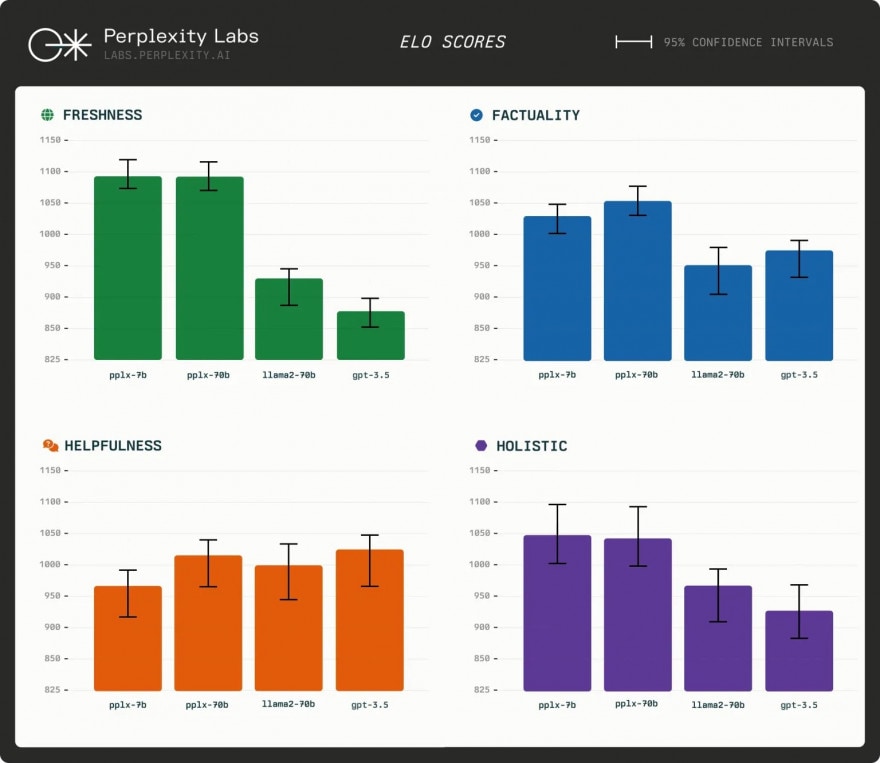
Source: Perplexity
The new PPLX online templates are now available to individuals and organizations through the API website (currently in beta). Perplexity, while if you want to play with the new models you can access the Playground site, which allows you to test them capacity.
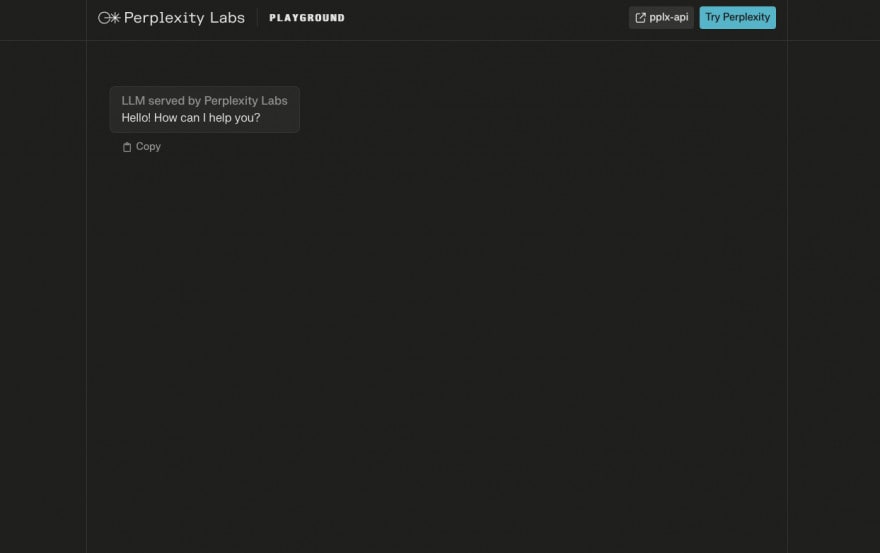
Perplexity Playground
However, there is a cost. You can use Perplexity Copilot for free with a limit of 5 uses every 4 hours, while to make more use of it you have to switch to Pro plan from $20 per month (or $200 per year), with a $5 monthly credit to use the API.
Perplexity models are just the latest arrival in an extremely battlefield competitive, and who sees beyond GPT-4 it’s at Gemini even the new one Grok by Musk and much more specific solutions such as Cohere or RAG, aimed at companies.
Nonetheless, Perplexity already has its own fan base as the venture capitalist (VC) investor Jeremiah Owyang from Blitzscaling Ventures, who openly stated how Perplexity is much better than Google. It will be enough?
Perplexity
